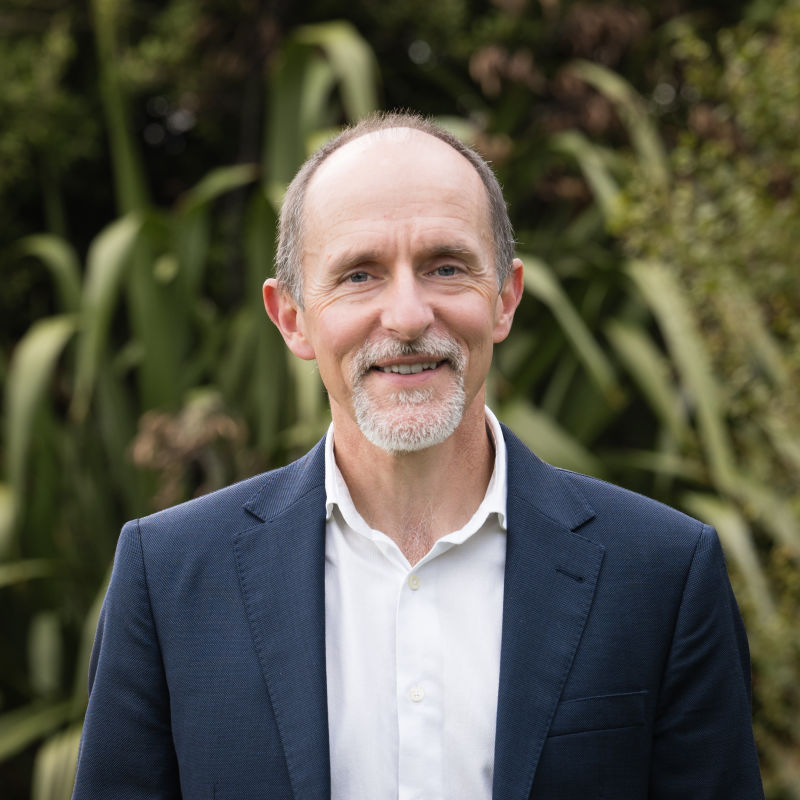SBC is delivering a series of guides on the fundamentals of sustainability, covering topics ranging from sustainability strategies through to nature and biodiversity. As part of this series, we caught up with our members to get their insights on some of the different topics covered in the guides. In this second Q&A, we spoke with Roger Robson-Williams (Chief Sustainability Officer at Plant & Food Research) to get his thoughts on the interdependencies between business and nature, and the importance of making it a priority.
Q: Have businesses relationships with nature evolved in the time you’ve worked in sustainability?
A: All business efforts ultimately depend on nature: the lands, oceans, freshwater and atmosphere we share with the rest of the living world. People throughout history have recognised this, despite a wide spectrum of worldviews, ranging from kinship with nature through to nature-extractive, anthropocentric mindsets. Regrettably, it’s the latter that have tended to dominate in the world’s advanced economies over the past few hundred years, resulting in us overshooting safe boundaries for many critical earth systems.
No one expects worldviews and behaviours around the globe to change wholesale, or overnight, to ones that recognise that we are part of (not apart from) the natural world. However, growing recognition in business of nature-related dependencies, risks, opportunities, and impacts is reason for hope and points to an evolution in the relationship between nature and business.
Q: Are we going down the right route by quantifying our impact and dependency on nature?
A: The negative impacts of business on nature are often separated in space and time from the business activities that cause them. This can make it hard to appreciate cause and effect. In fact, impacts on nature can seem even more indirect than impacts on climate change, partly due to the absence of a common ‘currency’ for biodiversity, such as the tonnes of carbon dioxide equivalent used to measure greenhouse gas emissions.
By quantifying the negative and positive impacts businesses have on nature, we can better understand the cause-and-effect relationship and help guide appropriate interventions. A possible downside is that using this quantification to create a market in biodiversity credits and offsets may reinforce the anthropocentric relationship with nature that many societies are already grappling with.
Q: What have we learnt from our response to climate change that can inform how we engage with nature?
A: We need to act fast, both on reducing further harm and restoring nature. The slow and tentative global response to climate change shows us that such delays result in ever-increasing costs in adaption and mitigation.
In the primary industries it has often been said that ‘you can’t be green unless you’re in the black’, meaning profitability is a necessary precursor to taking nature-positive action. At the scale of individual businesses, that can appear a rational position, but it is now undeniable that at a system level, humanity cannot be ‘in the black without being green’. Without a thriving natural world, we will have no economy. We cannot afford inaction until it feels as though we can afford to act.
Q: Where’s your favourite place in nature?
A: A small patch of native bush that previous occupants of my home had the foresight to begin restoring 25 years ago. It reminds me that we live on a remarkable planet with incredible capacity to heal itself. Let’s give it a chance to do so.

